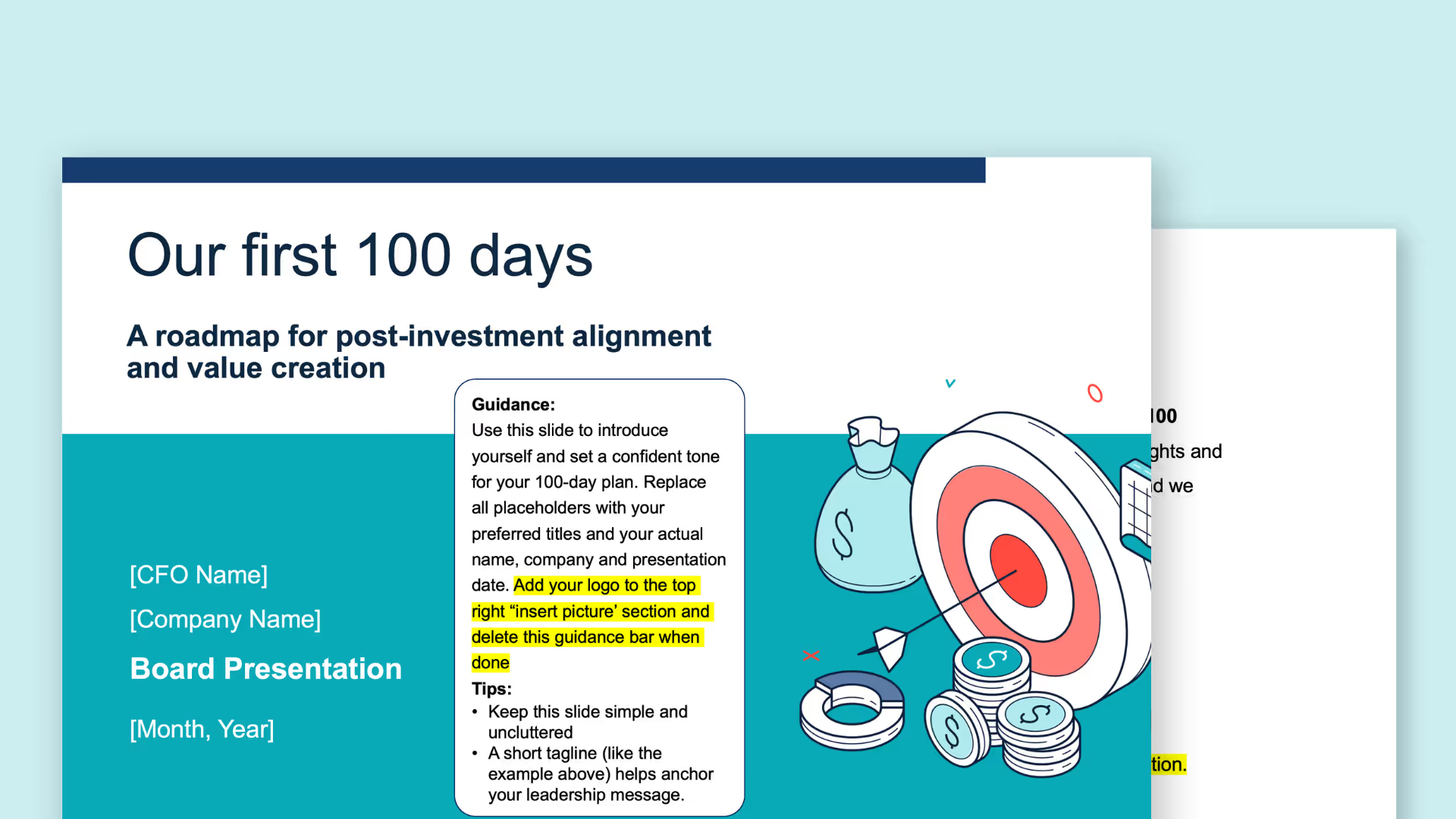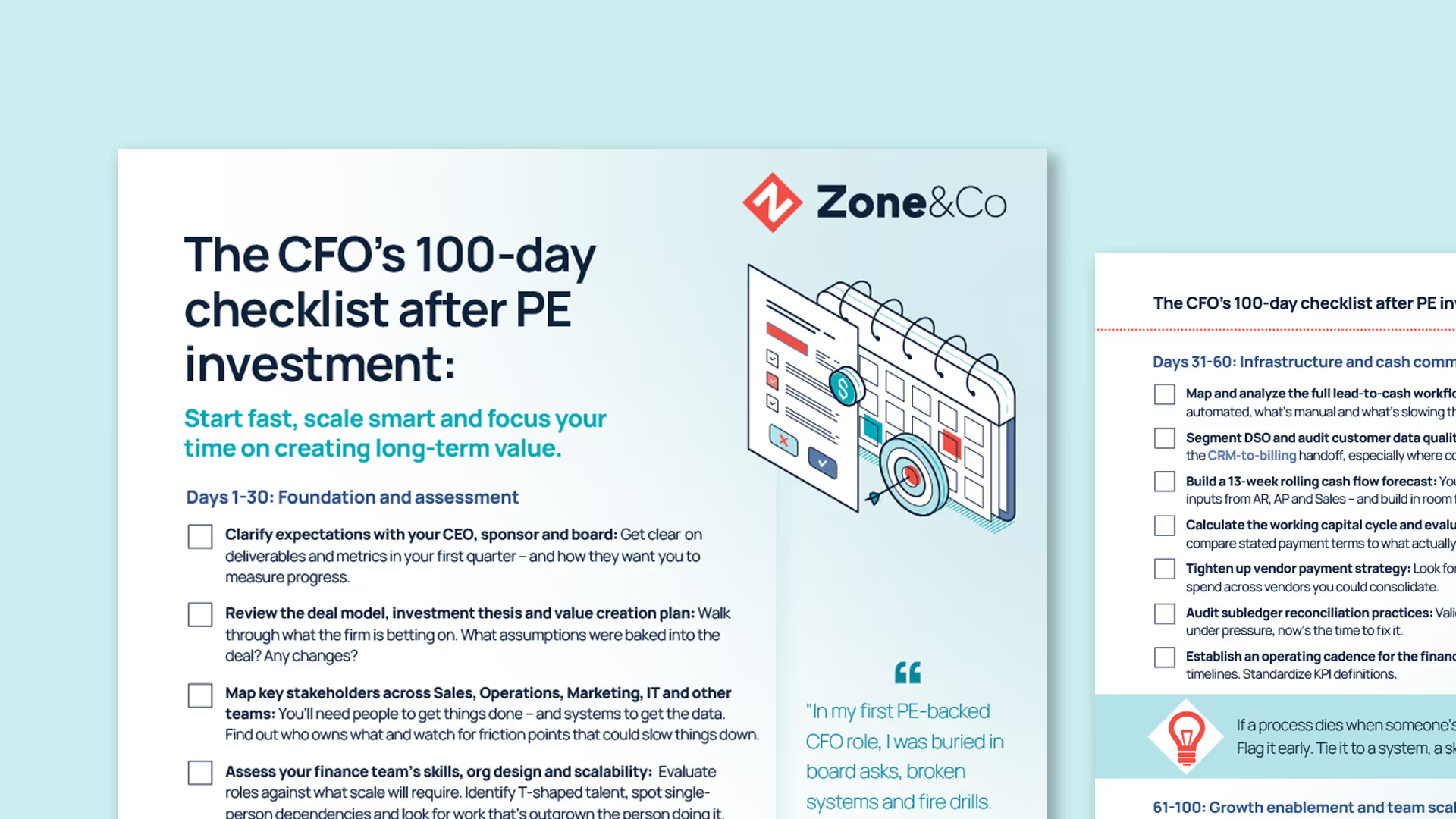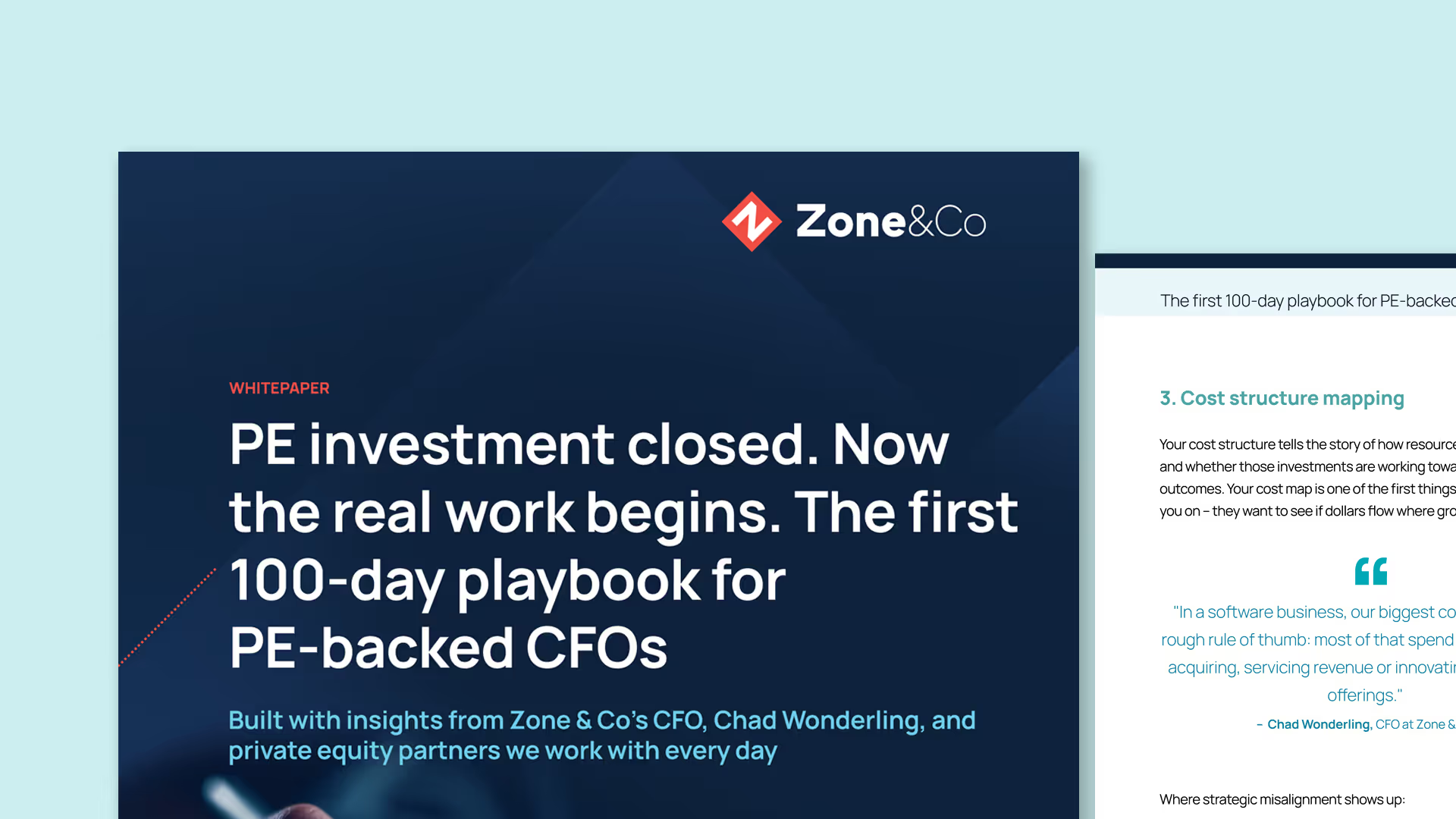Bureaus, third-party and Zone & Co: The true cost of payroll for NetSuite

Managing payroll is a crucial task for every business. Yet, a study from Bloomberg showed that up to 63% of growing businesses in the US underestimated how long they were spending on payroll admin, with many having little to no knowledge of the time spent internally on each stage of the payroll process.
In our experience, this is often the case for NetSuite users who, despite having purposefully invested in the solution to drive efficiencies and provide a single source of truth for their business, often still manage payroll outside of the solution and lack accurate insights into both the admin and the financial impacts of one of, if not the, highest costs in the business.
In this blog, we explore the options available to manage NetSuite payroll strategy, discuss how involved the admin process can be and how NetSuite users can gain crucial insight into their payroll costs. To do this, we will look at the most common payroll set-ups we see being used by NetSuite users, including:
- Payroll bureaus
- Third-party disparate payroll solutions
- ZonePayroll (formerly Infinet Cloud Payroll)
Payroll bureaus
Outsourcing to a payroll bureau is a popular option that many NetSuite users consider to alleviate some of the responsibility and administrative burdens associated with managing payroll.
Bureaus give businesses access to additional resources and expertise in payroll processing and compliance, which they may not have or want internally, particularly in terms of taxation and legislation.
However, when looking at how much time is spent on managing payroll within your team, payroll bureaus can be rather time-consuming when it comes to admin.
At the risk of oversimplifying, the payroll process has four key parts: gathering/preparing data, approving, processing pay runs (including submissions) and payment.
If you look at these four stages, everything apart from the pay run requires substantial administrative input from the client side, and requiring approval ultimately means that you still have the majority of the responsibility.
- Your team is responsible for gathering employee information to share with the bureau. Depending on your organization and payroll structure, this can be quite time-consuming.
- Once submitted to the bureau, businesses can see some value in processing the information. The bureau will process this information and get the data to a stage where it believes it is ready to be entered.
- The data is then sent back to your business to be approved and submitted. This can be time-consuming, essentially approving the work your own team submitted. Plus, by approving, the responsibility is ultimately transferred back to you.
- Finally, the payments (the most important part) are still processed completely by your team. That means more checks, more admin, uploading the payment files, and of course, manual journals and reconciliations.
Plus, as you will likely import a summarized journal, the detail behind your labor costs still won’t be visible within your NetSuite payroll system, meaning it cannot be analyzed to the same depth as every other expense line on your General Ledger.
Overall, bureaus are a payroll solution that can reduce the need for internal knowledge. However, businesses using a bureau need to consider these questions:
- How much time is my team spending on these associated payroll tasks?
- Does payroll admin cost deliver value?
- Does the output align with and/or enhance our investment in NetSuite?
For most, much of the admin is still on your team to manage, and as the data lives outside of NetSuite, bureaus can result in clear gaps within your core financial system. These are considerable concerns, especially when payroll bureaus can be an expensive investment as your team grows.
Third-party disparate payroll solutions
Alternatively, NetSuite users can manage payroll in-house using a third-party payroll solution that operates outside of NetSuite. This can give businesses a cheaper option than a bureau, but it means every part of the process lives within the third-party solution. So, you have full ownership of the payroll process, but not the visibility within NetSuite.
However, with this increase in control comes the additional responsibility and admin that would otherwise be covered when using a bureau. This means someone or multiple people within your finance team must be qualified and capable of handling the payroll process and associated admin and submissions.
In addition to this, and perhaps most importantly, as (more often than not) the payroll figures will be imported into NetSuite as a summarized journal, you will not have the ability to drill down, slice, dice, query, or manage the data as part of your financial reporting as well as you can with other costs, expenses, or income.
While this can be an appealing and often cost-effective solution, NetSuite users exploring a disparate payroll solution should consider:
- How much time do we spend managing NetSuite payroll internally?
- Could the processes be optimized if we had the same level of automation and configuration in payroll as we do with our core NetSuite solution?
- How do we truly calculate costs and margins of products and services if we can’t report in detail on labor costs as part of our financial reporting?
ZonePayroll – Native to NetSuite
Unlike the previous two options outside of NetSuite – and therefore can’t benefit from the power, automation and control it offers – ZonePayroll gives NetSuite customers a comprehensive solution to manage payroll directly within the platform.
In addition to the advantages of managing payroll in-house already covered in the previous section, leveraging internal NetSuite payroll solutions offers two key advantages:
1. Improved efficiency and reduced costs
The efficiency improvements are two-fold. First, the need to manage, finalize, export and import payroll data is removed. Second, you can automate tasks such as approvals using NetSuite’s standard workflow engine, and all journals are posted to your GL automatically with correct classifications (department, class, location and custom segments).
That gives you an instant advantage over the 63% of companies that lack the business intelligence to interrogate their payroll process – there is no mystery or hidden admin. Everything is managed in a visible, stage-based process that only requires users to carry out tasks once in one system.
2. True visibility of the financial impact of labor costs
A key point to address when looking for the right solution is that payroll is a finance function, not an HR function. While there is clearly a lot of shared ground between them, the fact that payroll ends with money leaving the bank means that it is ultimately under the umbrella of finance.
Something we have discussed in previous articles is that no other area of financial reporting is accepted as a summarized total. If sales or expenses go up or down, you want to know exactly why that occurred. Who did what? How did that happen? Was it the same this quarter last year? What about per department?
So, why do you accept summarized totals for labor costs when you could examine them in line-level detail to make better decisions based on complete data?
Using ZonePayroll means that all data is managed completely within NetSuite. As a result, when journals are posted (automatically), they include all of the individual line-level details behind the totals. Costs can be allocated correctly and you can achieve to-the-penny analysis, including payroll, across your entire financial operation.
When considering ZonePayroll and comparing it to either of the alternatives discussed in this article, you’ll want to ask:
- Why are we managing and reporting on one of our biggest costs outside of our finance solution?
- How much work is required to manage payroll in a solution that is external to the business and then get the information back into NetSuite payroll?
- Do we have true visibility into all of our business costs, and therefore margin and profit, without including a to-the-penny analysis of labor costs?
Optimizing your NetSuite investment with ZonePayroll
Managing payroll and the admin associated with it in NetSuite is a complex task, but options are available to streamline and optimize the process. Although payroll bureaus and third-party payroll solutions do have their advantages, overall, they create a very manual process for finance teams to manage and provide little insight into payroll costs.
ZonePayroll SuiteApp (formerly Infinet Cloud Payroll) offers a native and comprehensive solution that alleviates almost all manual payroll tasks by automating the process and providing one source of truth for all financial data live in NetSuite. This allows for more enhanced reporting capabilities within NetSuite and more time for businesses to focus on wider strategic business decisions.
If you want to understand the full capabilities of ZonePayroll and how it can streamline your NetSuite payroll process, watch this 30-minute on-demand webinar below.
FAQs
- How do you streamline payroll processes?
- There are three main ways to streamline payroll: bureaus, third-party solutions, and native NetSuite payroll solutions like ZonePayroll.
- What is the best payroll integration for NetSuite?
- ZonePayroll is an ideal payroll integration that keeps all data within NetSuite to streamline the process and deliver advanced business and operational intelligence.
- Can NetSuite handle payroll for multiple countries?
- NetSuite can handle payroll for all of your employees no matter where they live – but it requires a solution that’s handled natively in the platform for optimal workflows and cost benefits.
- What are the benefits of integrating payroll with NetSuite?
- By extending NetSuite payroll functionality to handle the process in-house, you retain ownership of data, gain true visibility and can increase efficiency and reduce costs.
Recommended resources
Get a Personalized Demo Today
Start a conversation with an expert who asks thoughtful questions and shows you how Zone & Co can solve your unique problem.






